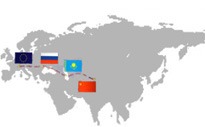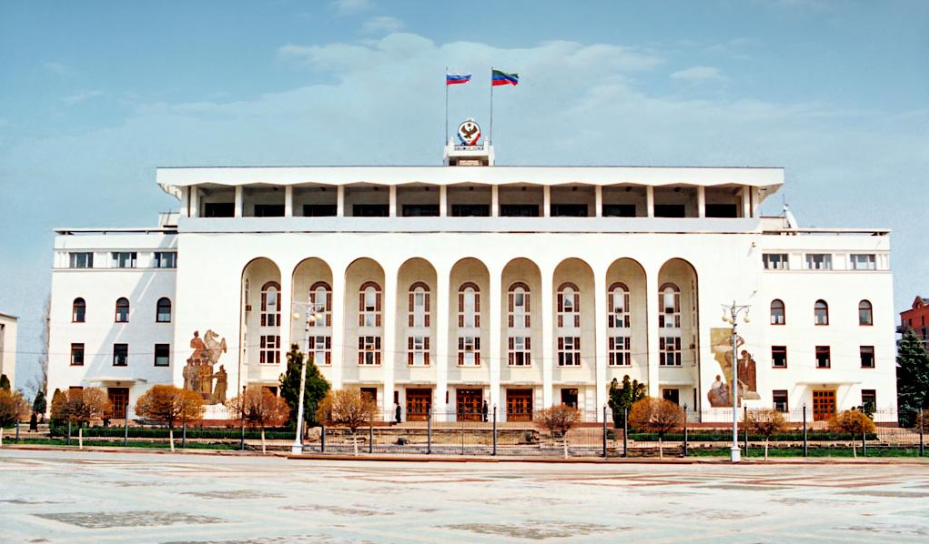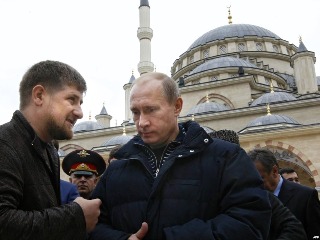Massive East-West Transit Corridor Nears Crucial Phase
By Richard Weitz (the 11/12/2013 issue of the CACI Analyst)
The Western Europe-Western China International Transit Corridor aims to improve the efficiency and safety of the main roads between China and Europe that pass through Kazakhstan. Despite the international focus on promoting rail traffic through Eurasia, it is also important to build better roads since Central Asian countries can more easily input their goods through them than through railways. The roads also promote short-distance trading within and among Central Asian countries. Otherwise, extra-regional actors will simply see and treat Central Asia as a transit zone for their transcontinental railways, which would not provide additional incentives to invest in Central Asian economies.

Dagestan's New Administrative Division Reflects Governance Crisis
By Valeriy Dzutsev (the 11/12/2013 issue of the CACI Analyst)
In a surprise move, Dagestan’s President Ramazan Abdulatipov has decreed to divide the republic into four sub-regions, each of which will have a plenipotentiary representative of the republican president. While Abdulatipov reassures the public that the move will strengthen Dagestan's unity, there is also a risk that it may worsen the conflict in the republic and increase demands for its actual division. The government’s decision to substitute substantive reforms in Dagestan with an administrative reshuffle is unlikely to resolve the conflict-prone republic's pressing problems.

New Anti-Terrorism Law to Target Families of North Caucasus Insurgents
By Huseyn Aliyev (the 11/12/2013 issue of the CACI Analyst)
New legislation adopted by the Russian parliament in November, aimed at punishing families and relatives of terrorist suspects, intends to legalize the “hard” form of counter-insurgency already practiced in several North Caucasus republics. The new law allows authorities to confiscate the assets of suspected terrorists' family members, and obligating them to compensate for damages incurred by those acts. The new legislation entered into force on November 17 and although it has not yet been implemented in practice, the collective punishment practices it permits are already used by authorities across the restive North Caucasus.

"Russia Will Not Abandon the Caucasus," Putin Tells Armenia
By Haroutiun Khachatrian (the 11/12/2013 issue of the CACI Analyst)
Russia's President Vladimir Putin visited Armenia on December 3, for the third time since he took office in 2000. The visit was strategically scheduled immediately after the EU's Eastern Partnership summit in Vilnius.
Georgia's Post-Vilnius Challenges
By Archil Zhorzholiani (the 11/12/2013 issue of the CACI Analyst)
At the Vilnius Eastern Partnership summit on November 28-29, Georgia’s Foreign and Economy Ministers, Maia Panjikidze and Giorgi Kvirikashvili, the EU’s foreign policy chief Catherine Ashton, and EU Trade Commissioner Karel De Gucht initialed the EU-Georgia Association Agreement (AA),including a Deep and Comprehensive Free Trade Agreement (DCFTA).


